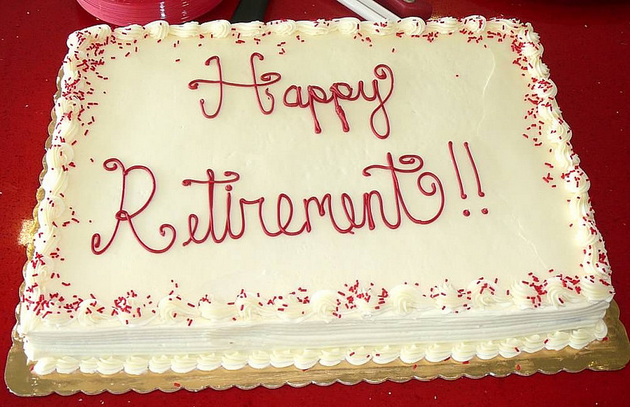
According to the AARP, 10,000 baby boomers are turning 65 every single day, and this is expected to continue into the 2030s. This means that nearly seven baby boomers are turning 65 every minute.”
If you’re a few years away from retirement, the day will soon come, when after a lifetime of squirreling away money and delaying gratification, the ‘distribution phase’ of your financial life will begin.
Failing to plan for this phase of your life could result in you worrying more about your money as a retiree than you did when you were in the work force, and that’s not how it should be.
If you’re still earning a paycheck, talking about the ‘distribution phase’ of your financial life, also known as ‘withdrawing from your savings’, is purely theoretical. Going from theory to actual application, now that’s a world of difference.
When you’re working and doing a relatively ‘good job’, you get a paycheck. Usually, that feels like a dynamic that you can control. The ups and downs of the financial markets tend not to bother you as much because you believe pretty strongly that you can probably keep the paychecks coming.
In retirement, economic, political and financial market gyrations can cause a lot of anxiety and other unknowns can be just as puzzling. Which accounts do I pull from first? How long will I live? Will my pension stay solvent? Will Social Security be altered? Will I need significant health care or long-term care? Will a family member need some financial help?
Retirement can be low stress, but it takes planning, perspective and a different skill set from what is required leading up to retirement.
Over the years, I’ve found that the best way for clients to take seriously the task of retirement planning is to have them imagine taking a year long trip around the world. Think about how much planning would go into a venture like this? How many details would need sorting and all the decisions, large and small, that would need to be made?
Now imagine taking what could be a journey for many decades, your retirement years. Are you going to wing it and figure it out as you go along or are you going to plan ahead? The truth is, most people will spend more time planning a short vacation trip than they will their retirement. That’s the wrong approach and will often lead to an epic crash landing in your retirement years.
Plan for Success
There’s one strategy that will vastly increase your odds of success in retirement and that strategy is focused on one thing and one thing only - developing a comprehensive financial plan before you retire, not after. Sounds simple enough, right? Not the case for the vast majority of people that will soon retire.
You can tell yourself all you want how this will be the first item to handle on your to-do list once you retire. Yet what I’ve noticed over the years is that inertia tends to kick in, and this project feels too much like work. It gets delayed and delayed and here’s what tends to happen next.
The stock market takes a nose dive, say 6 months or a year into your retirement. You panic, sell your stock investments at a huge loss and put a major dent into your financial future.
Yet, here’s what tends to happen to clients with a well-designed and nimble financial plan for their retirement years. They do not panic. After years of conversations and many episodes of markets heading south, they look at the latest downturn as a “buying opportunity”.
Again, they don't panic, but if they are a little nervous, they make a phone call and the very first thing we do is go over their financial plan, specifically their cash flow. Sometimes this is just for reassurance, other times it’s to make any needed changes based on what’s happening. With high confidence in their future, they do not abandon sound long-term financial plans that were specifically designed to overcome short-term issues.
The bottom line is this - I have found that working through a good and solid financial planning process shifts the focus on how to be more resilient and away from requiring good guesses about what will happen next.

